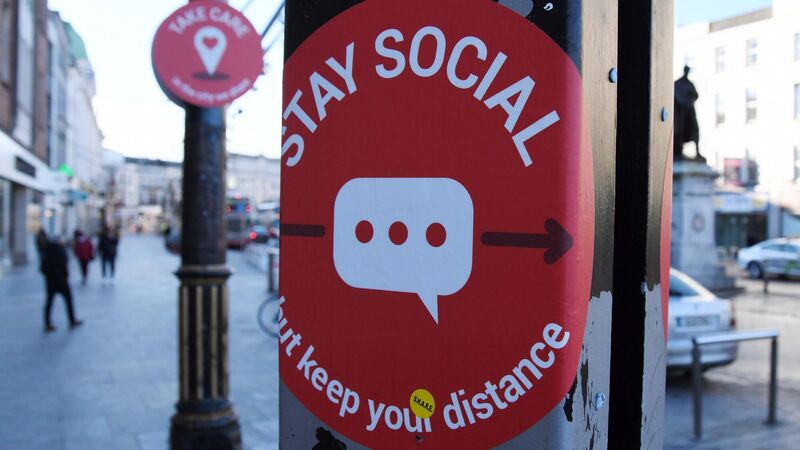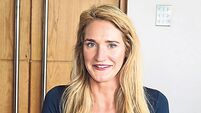Cabinet approves plan for ending Covid-related restrictions

Taoiseach Micheál Martin will address the nation at 6pm, where he will confirm that most restrictions will end from October 22.
Cabinet has approved a new plan for ending Covid-related restrictions.
The meeting of the full Cabinet ended this afternoon with ministers signing off on a plan called Reframing the Challenge, Continuing Our Recovery and Reconnecting.














